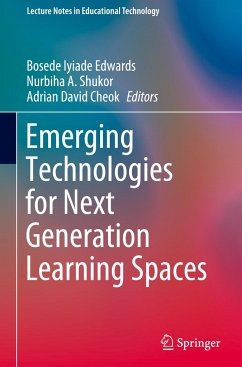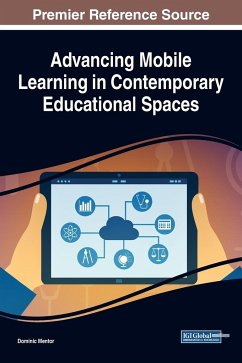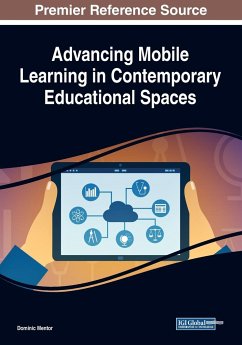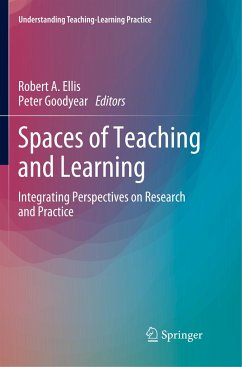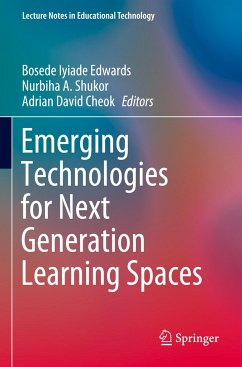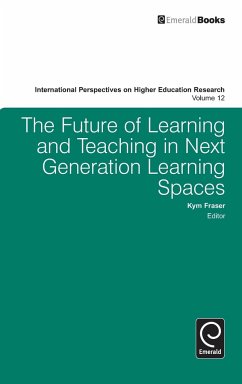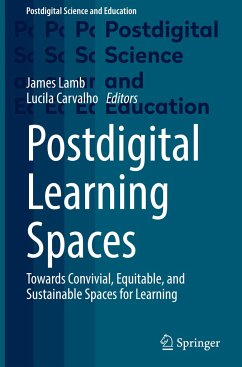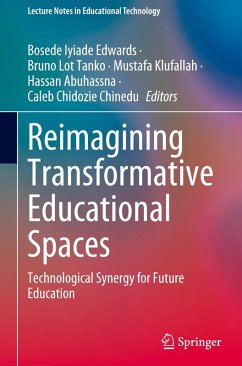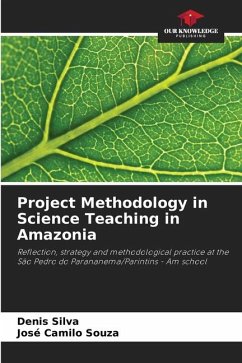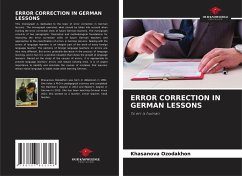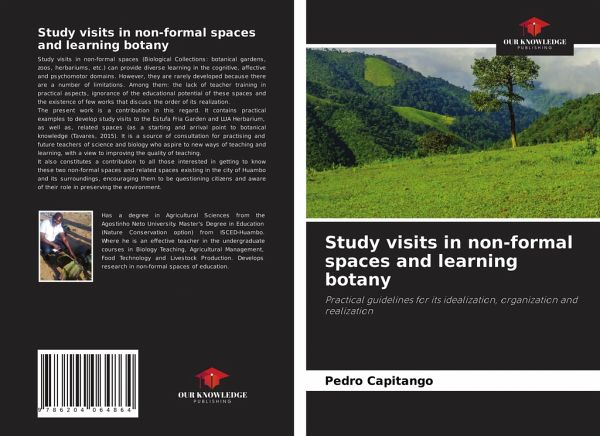
Study visits in non-formal spaces and learning botany
Practical guidelines for its idealization, organization and realization
Versandkostenfrei!
Versandfertig in 6-10 Tagen
36,99 €
inkl. MwSt.

PAYBACK Punkte
18 °P sammeln!
Study visits in non-formal spaces (Biological Collections: botanical gardens, zoos, herbariums, etc.) can provide diverse learning in the cognitive, affective and psychomotor domains. However, they are rarely developed because there are a number of limitations. Among them: the lack of teacher training in practical aspects, ignorance of the educational potential of these spaces and the existence of few works that discuss the order of its realization. The present work is a contribution in this regard. It contains practical examples to develop study visits to the Estufa Fria Garden and LUA Herbar...
Study visits in non-formal spaces (Biological Collections: botanical gardens, zoos, herbariums, etc.) can provide diverse learning in the cognitive, affective and psychomotor domains. However, they are rarely developed because there are a number of limitations. Among them: the lack of teacher training in practical aspects, ignorance of the educational potential of these spaces and the existence of few works that discuss the order of its realization. The present work is a contribution in this regard. It contains practical examples to develop study visits to the Estufa Fria Garden and LUA Herbarium, as well as, related spaces (as a starting and arrival point to botanical knowledge (Tavares, 2015). It is a source of consultation for practising and future teachers of science and biology who aspire to new ways of teaching and learning, with a view to improving the quality of teaching.It also constitutes a contribution to all those interested in getting to know these two non-formal spaces and related spaces existing in the city of Huambo and its surroundings, encouraging them to be questioning citizens and aware of their role in preserving the environment.



